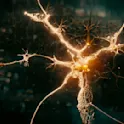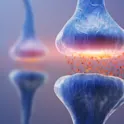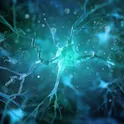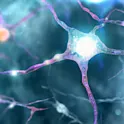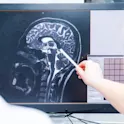Machine learning helps researchers identify hit songs with 97% accuracy
By Deborah Pirchner, Frontiers science writer Image: Shutterstock.com Predicting hit songs is notoriously difficult. Researchers have now applied machine learning (ML) to high-frequency neurophysiologic data to improve hit song prediction accuracy. They showed that if ML was applied to neural data collected while people listened to new music, hit songs could be predicted with close-to-perfect accuracy. This can open doors to providing consumers with the entertainment they are looking for, rather than flooding them with options. Every day, tens of thousands of songs are released. This constant stream of options makes it difficult for streaming services and radio stations to choose which songs to add to playlists. To find the ones that will resonate with a large audience, these services have used human listeners and artificial intelligence. This approach, however, lingering at a 50% accuracy rate, does not reliably predict if songs will become hits. Now, researchers in the US have used a comprehensive machine learning technique applied to brain responses and were able to predict hit songs with 97% accuracy. “By applying machine learning to neurophysiologic data, we could almost perfectly identify hit songs,” said Paul Zak, a professor at Claremont Graduate University and senior author of the study […]
